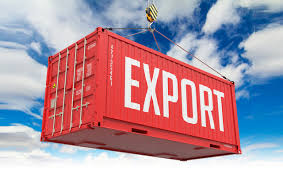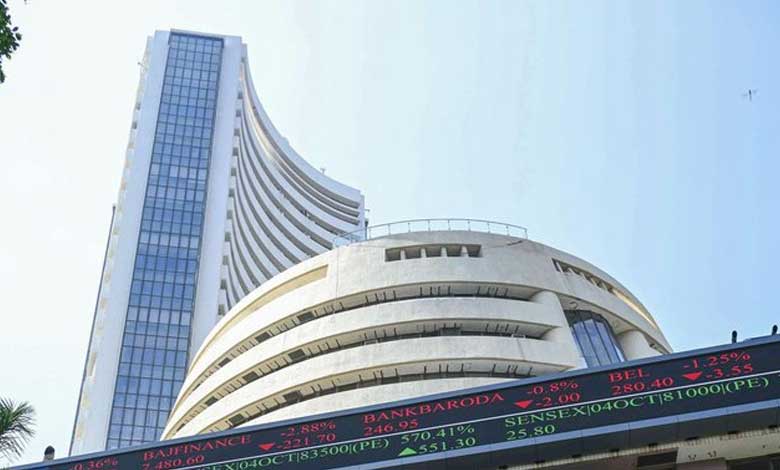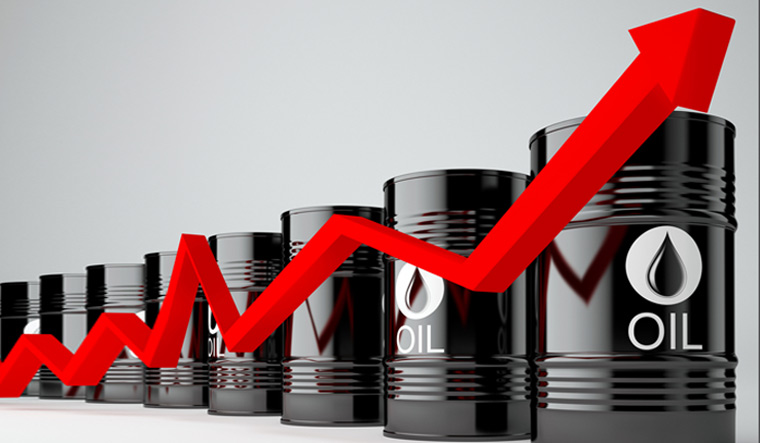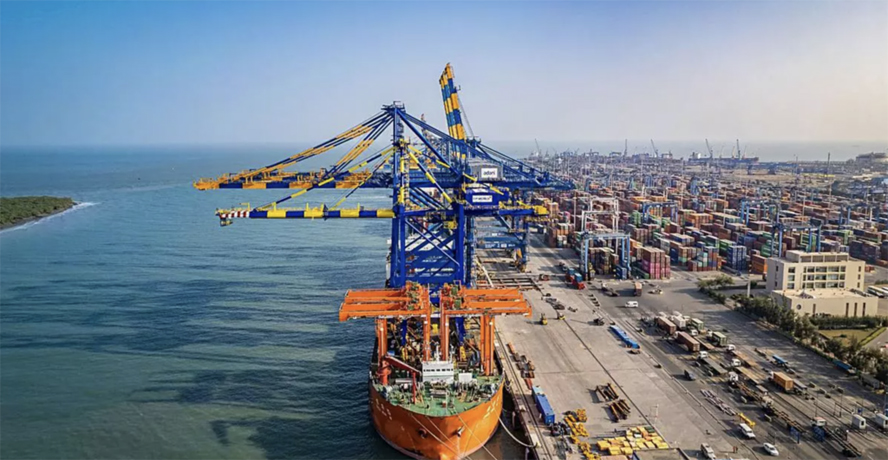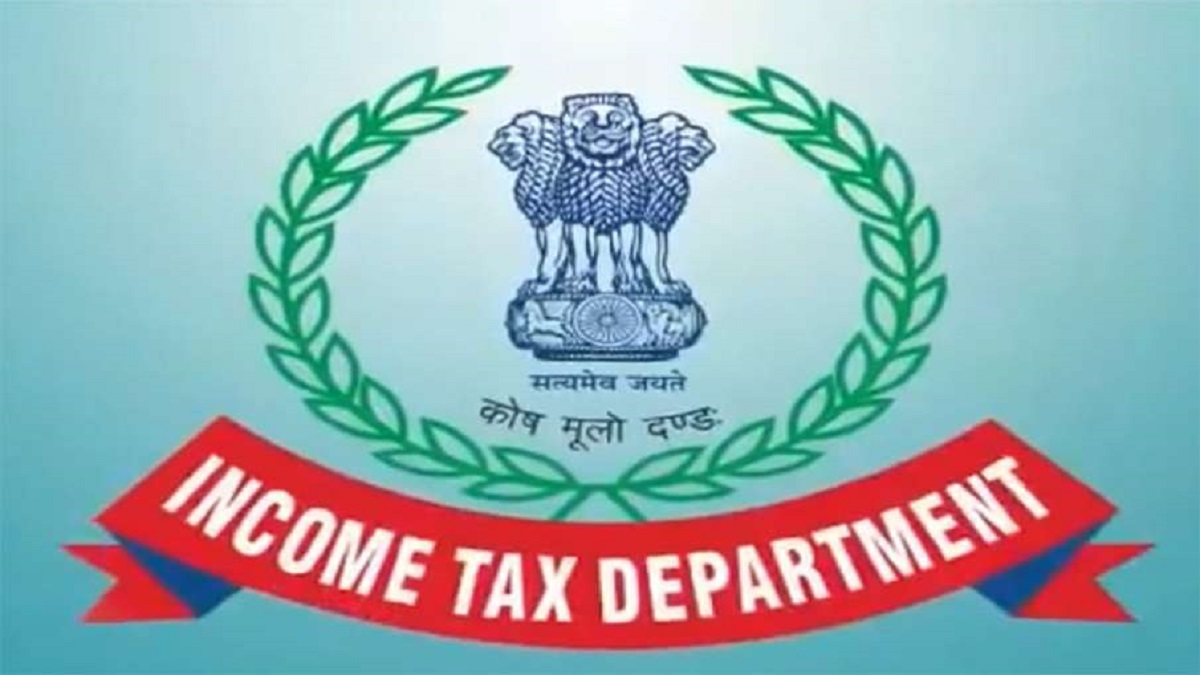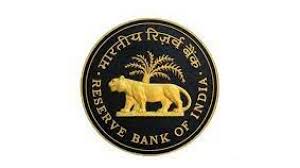Saudi Arabia to raise VAT from 5% to 15% from 1st July
Mon 11 May 2020, 10:29:30
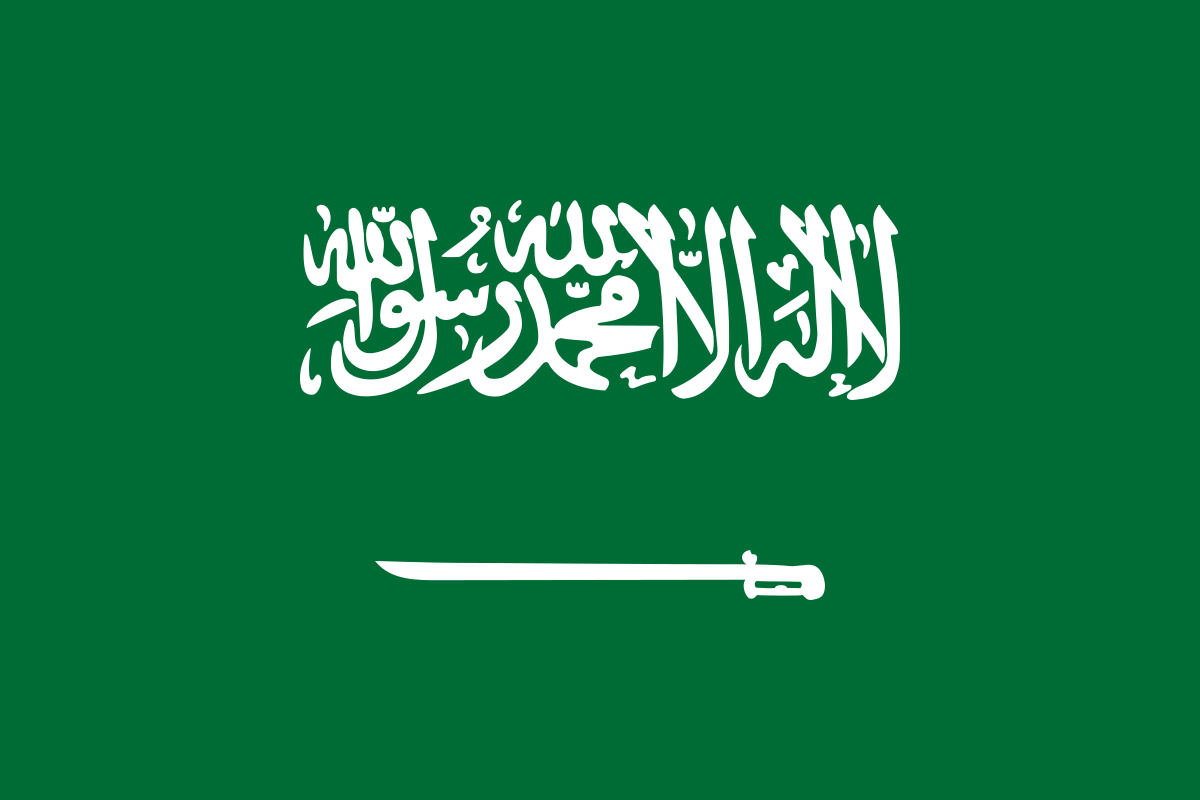
The Kingdom of Saudi Arabia has decided to raise value added tax (VAT) from 5 percent to 15 percent starting from 1st July and has taken a decision to suspend cost of living allowance starting from 1st June, state news agency SPA reported on Monday. The Kingdom has also decided to cancel, extend, or postpone some operational and capital expenditures for some government agencies, as well reduce provisions for initiative of a number of Vision Realization Programs and major projects for the fiscal year 2020.
SPA quoting the Minister of Finance and Acting Minister of Economy and Planning, Mohammad Aljadaan, said that the measures are being undertaken to protect the Saudi economy and overcome the unprecedented financial and economic ramifications of the global coronavirus pandemic in the best way possible. The Minister said that these “measures that have been undertaken today, as tough as they are, are necessary and beneficial to maintain comprehensive financial and economic stability on the medium and long-term for the interest of the country and its citizens”.
The Minister added that the government is committed to taking necessary and timely measures to protect citizens and residents, as well as the economy to mitigate the effects of the crisis and its ramifications. The Minister
emphasized that the crisis caused by the global pandemic resulted in three economic shocks, each of which could in itself have an extremely negative effect on the performance and stability of public finance had the government not intervened by taking measures to absorb them.
emphasized that the crisis caused by the global pandemic resulted in three economic shocks, each of which could in itself have an extremely negative effect on the performance and stability of public finance had the government not intervened by taking measures to absorb them.
The Minister explained that due to the precautionary measures undertaken worldwide to combat the pandemic, the first economic shock was the unprecedented decline in oil demand, which led to lower oil prices and a sharp decline in oil revenue that represents a main source of public revenue for the state budget. Secondly, the necessary precautionary measures undertaken to protect the lives of citizens and residents and to prevent the spread of the pandemic have led to the suspension or reduction of many local economic activities, which had a negative impact on non-oil revenue and economic growth.
The third economic shock was the unplanned expenses that required government intervention by increasing provisions for the healthcare sector to support the preventative and treatment capacity of health services, in addition to the adoption a number of initiatives to support the economy, mitigate the economic effects of the pandemic and maintain jobs for citizens.
No Comments For This Post, Be first to write a Comment.
Most viewed from Business
AIMIM News
Asaduddin Owaisi questions PM Modi's China policy
Jan 08, 2025
Owaisi slams UP over police post near Sambhal mosque
Dec 31, 2024
Owaisi hails SC order on Places of Worship Act
Dec 13, 2024
AAP Corporator Tahir Hussain joins AIMIM party
Dec 11, 2024
Latest Urdu News
Most Viewed
May 26, 2020
Which political party will win the Delhi Assembly polls to be held on Feb 5?
Latest Videos View All
Like Us
Home
About Us
Advertise With Us
All Polls
Epaper Archives
Privacy Policy
Contact Us
Download Etemaad App
© 2025 Etemaad Daily News, All Rights Reserved.



